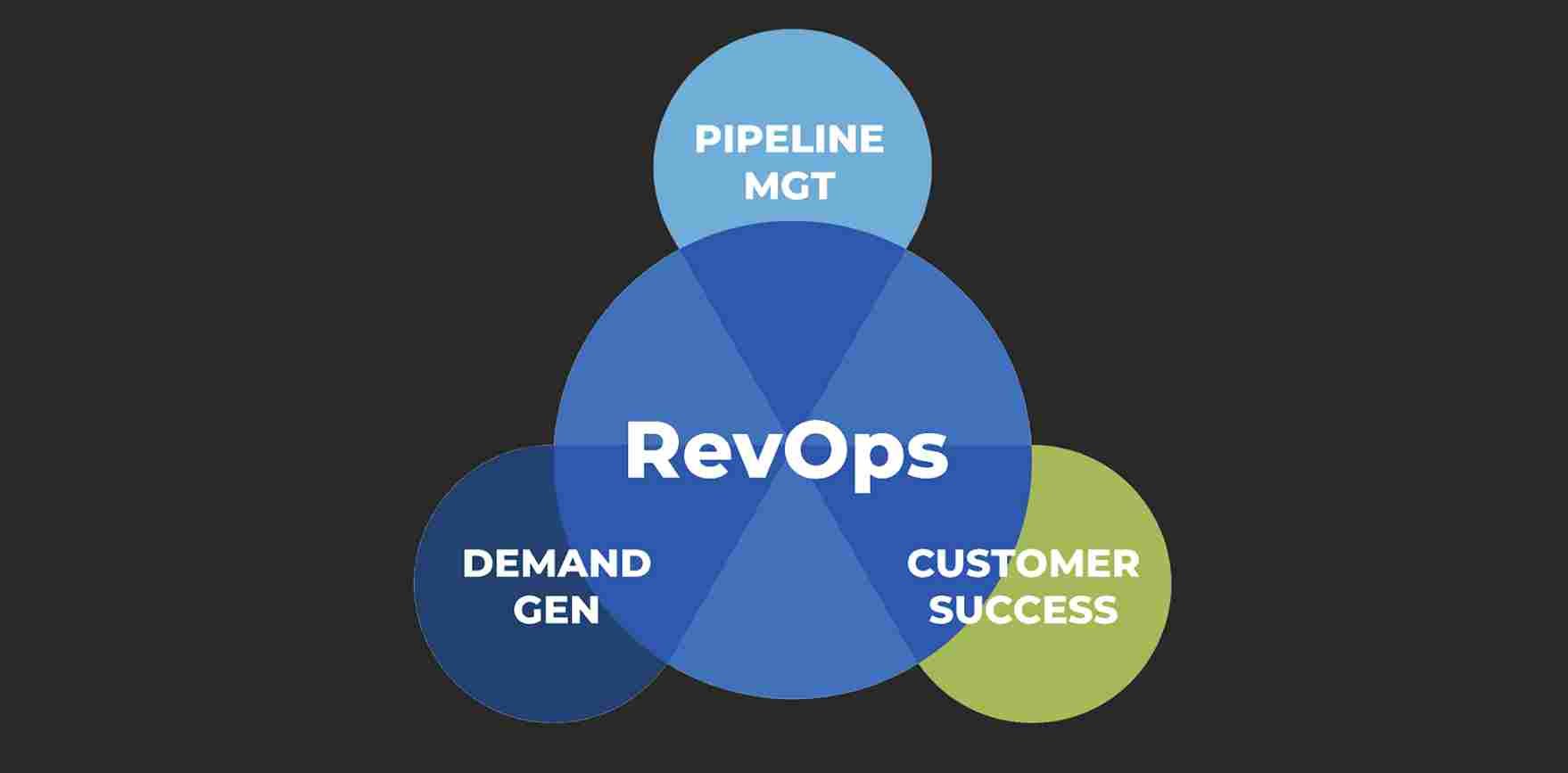How to Track and Analyze SEO Service Performance
In the ever-evolving world of digital marketing, understanding the impact of your SEO efforts is crucial. Whether you’re running a small business or managing a large enterprise, being able to effectively measure and evaluate the success of your SEO strategies can make the difference between thriving online and getting lost in the crowd. Tracking SEO performance metrics and analyzing SEO service effectiveness are essential practices for ensuring your website remains competitive in search engine rankings.
The Importance of Tracking SEO Performance Metrics
The foundation of any successful SEO strategy lies in the data. Without tracking key metrics, it’s impossible to determine whether your SEO efforts are yielding the desired results. Tracking SEO performance metrics allows you to monitor the health of your website, identify areas for improvement, and optimize your strategies accordingly.
Key metrics to track include organic traffic, bounce rate, conversion rate, and keyword rankings. Organic traffic gives you insight into the number of visitors reaching your site through search engines, while bounce rate measures the percentage of visitors who leave your site after viewing only one page. A high bounce rate might indicate that your content isn’t engaging or relevant to your audience, prompting the need for further optimization.
Conversion rate, on the other hand, tracks the percentage of visitors who take a desired action on your site, such as making a purchase or signing up for a newsletter. This metric is closely tied to the overall success of your SEO efforts, as the ultimate goal is to convert traffic into tangible results. Lastly, tracking keyword rankings allows you to see how well your targeted keywords are performing in search engine results pages (SERPs), helping you refine your keyword strategy over time.
Analyzing SEO Service Effectiveness
Once you’ve gathered data on key performance metrics, the next step is analyzing SEO service effectiveness. This process involves digging deeper into the numbers to understand what’s working, what’s not, and why.
One effective way to analyze your SEO performance is through the use of tools like Google Analytics and Google Search Console. These platforms provide valuable insights into how users interact with your site, which keywords are driving the most traffic, and how your content is performing across different devices and locations. By examining this data, you can identify trends, uncover opportunities, and make informed decisions about where to allocate your SEO resources.
Another important aspect of analyzing SEO effectiveness is conducting regular audits of your website. An SEO audit can help you spot technical issues that may be hindering your site’s performance, such as broken links, slow page load times, or poor mobile usability. Addressing these issues promptly can lead to significant improvements in your search engine rankings and overall user experience.
Measuring SEO Success Strategies
With data in hand and analysis complete, it’s time to assess the success of your SEO strategies. Measuring SEO success strategies involves setting clear goals and benchmarks to determine whether your efforts are moving the needle in the right direction.
One of the most effective ways to measure SEO success is by tracking your return on investment (ROI). By comparing the cost of your SEO efforts to the revenue generated from organic traffic, you can determine whether your strategies are delivering a positive return. If not, it may be time to reevaluate your approach and explore new tactics.
Another key aspect of measuring SEO success is monitoring changes in search engine rankings over time. While fluctuations in rankings are normal, a consistent upward trend indicates that your SEO efforts are paying off. Conversely, a decline in rankings may signal the need for adjustments to your strategy, such as revisiting your keyword targeting or improving the quality of your content.
It’s also important to consider the long-term impact of your SEO strategies. While short-term gains are great, the true measure of success lies in sustained growth over time. By continuously refining your approach and staying up to date with the latest SEO trends, you can ensure your website remains competitive in the ever-changing digital landscape.
Evaluating Search Engine Rankings
Finally, evaluating search engine rankings is a critical component of tracking and analyzing SEO performance. Your rankings on search engine results pages are a direct reflection of your SEO efforts and play a major role in determining your online visibility.
When evaluating your search engine rankings, it’s important to look beyond just the top-level keywords. While ranking for high-volume, competitive keywords is certainly valuable, it’s also important to consider long-tail keywords and niche phrases that may drive more targeted traffic to your site. These less competitive keywords can often result in higher conversion rates, as they are more likely to align with the specific needs and intentions of your audience.
Additionally, keep an eye on how your rankings are performing across different devices and locations. With the rise of mobile search and localized results, it’s crucial to ensure your SEO strategies are optimized for all user experiences. By regularly evaluating your rankings and making necessary adjustments, you can maintain a strong presence in search results and continue to attract valuable organic traffic to your site.
Conclusion
In the competitive landscape of online marketing, the ability to effectively track and analyze the performance of your SEO services is essential for success. By tracking SEO performance metrics, analyzing SEO service effectiveness, measuring SEO success strategies, and evaluating search engine rankings, you can gain valuable insights into the effectiveness of your SEO efforts and make data-driven decisions to optimize your strategies. With a thoughtful and methodical approach, you can ensure your website remains at the forefront of search engine rankings, driving sustained growth and success for your business.





